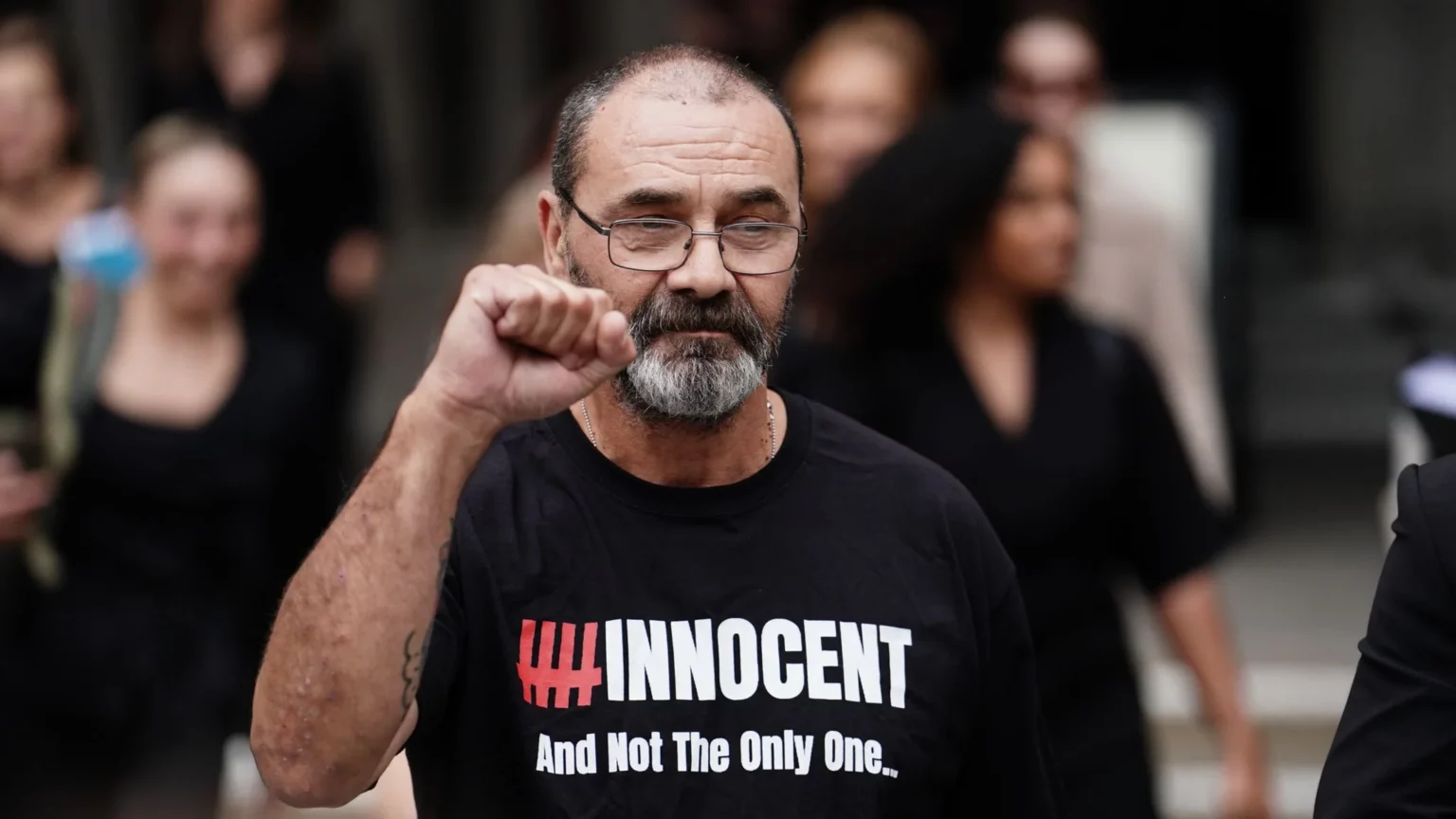In a momentous turn of events, the United Kingdom’s justice system recently witnessed the profound apology issued by the police to Andrew Malkinson. After spending an agonizing 17 years locked up for a crime he did not commit, Malkinson’s journey towards exoneration was finally realized, thanks to new DNA evidence that definitively linked the true perpetrator to the rape case.
The emotional Court of Appeal hearing, held on a Wednesday that will be etched in Malkinson’s memory forever, allowed him to express a mix of emotions – relief for finally being vindicated and profound anger at the injustice he had to endure for nearly two decades. The harrowing tale of Andrew Malkinson’s wrongful conviction began in 2004 when he was unjustly found guilty of rape, leading to a lengthy imprisonment that stripped him of his liberties and dreams.
Throughout the long and painful ordeal, Malkinson maintained his unwavering innocence, and despite having no DNA evidence connecting him to the crime, justice remained elusive until now. It was only through the emergence of new forensic testing that the presence of another man’s DNA on the victim’s clothing was discovered, providing the irrefutable evidence needed to clear Malkinson’s name.
As the judge declared him a free man, Malkinson’s immediate thought was to embark on a well-deserved holiday, but beneath the surface, the scars of wrongful imprisonment ran deep. The emotional toll of 17 years spent incarcerated under false pretenses left him grappling with the weight of the injustice he had suffered.
During the Court of Appeal hearing, Malkinson courageously confronted the Greater Manchester Police (GMP), accusing them of being “liars” for concealing critical flaws in his case and destroying crucial evidence. The extent of the GMP’s disclosure failures came to light, painting a distressing picture of the injustices that had transpired, shattering lives and dreams in the process.
Emerging from nearly two decades of wrongful imprisonment, Malkinson found himself jobless and homeless, left to face the daunting task of rebuilding his life from scratch. His poignant statement outside the Royal Courts of Justice conveyed the nightmarish reality he endured, pondering if he would survive the ordeal or succumb to the despair of being unjustly confined.
The apology extended by Sarah Jackson, the assistant chief constable of the GMP, signifies a significant stride in recognizing the profound miscarriage of justice suffered by Malkinson. Within the statement, genuine remorse was conveyed for the trauma he had to endure, acknowledging the invaluable years he lost, unjustly trapped in the clutches of injustice.
While being declared innocent was a victory of monumental proportions, Malkinson’s life has been forever altered by the nightmarish experience of wrongful conviction. The scars of his ordeal will continue to linger, impacting his psyche and influencing his every decision in the uncertain journey that lies ahead.
Andrew Malkinson’s redemption is a stark reminder of the importance of an unyielding pursuit of truth and justice in our legal system. It calls for a thorough examination of the processes that led to this grave miscarriage of justice, to ensure that no one else suffers a similar fate.
As the UK reflects on this heart-wrenching case, it is essential to strive for reforms that protect the innocent, uphold transparency, and ensure that the guilty are held accountable for their actions. Andrew Malkinson’s story will serve as a haunting reminder of the profound impact of wrongful convictions and the imperative to safeguard the integrity of our justice system for a more just and compassionate society.




